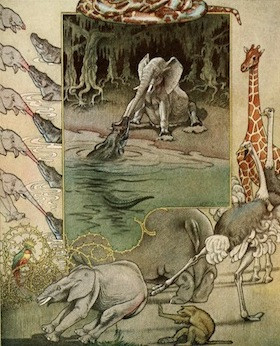
Led By
- Jacqueline Gottlieb, Professor of Neuroscience
After over five years of research and programming, this Cluster concluded its work in September 2023.
The Research Cluster on Curiosity took an interdisciplinary approach to examine the nature, mechanisms and societal implications of curiosity.
Curiosity - our intrinsic desire to know - is a fundamental but little understood human motive. The most baffling and important aspect of curiosity is its apparent lack of motivation. A curious person may exert considerable effort, money and time to learn and understand even, and perhaps especially when their inquiries have no obvious purpose. It is precisely its undirected nature that gives curiosity its extraordinary power. Throughout human history, our willingness to ask questions led us to tremendous discoveries that transformed the course of human civilization.
Despite its crucial importance for topics ranging from brain and behavior to the organization of societies, the mechanisms of curiosity are relatively poorly understood. The Research Cluster on Curiosity provides a forum for interdisciplinary discussions of these questions with the aim of furthering the study of curiosity across fields of inquiry. The fields we considerd included (but are not limited to):
-
Neuroscience and psychology, where curiosity illuminates the relatively neglected interface between cognition and motivation
-
Education and child development, where curiosity is a determinant of what and how much children learn
-
Economics, where curiosity may determine how decision makers gather information
-
Artificial intelligence, where curiosity seems to allow intelligent systems to quickly adapt to changing situations
